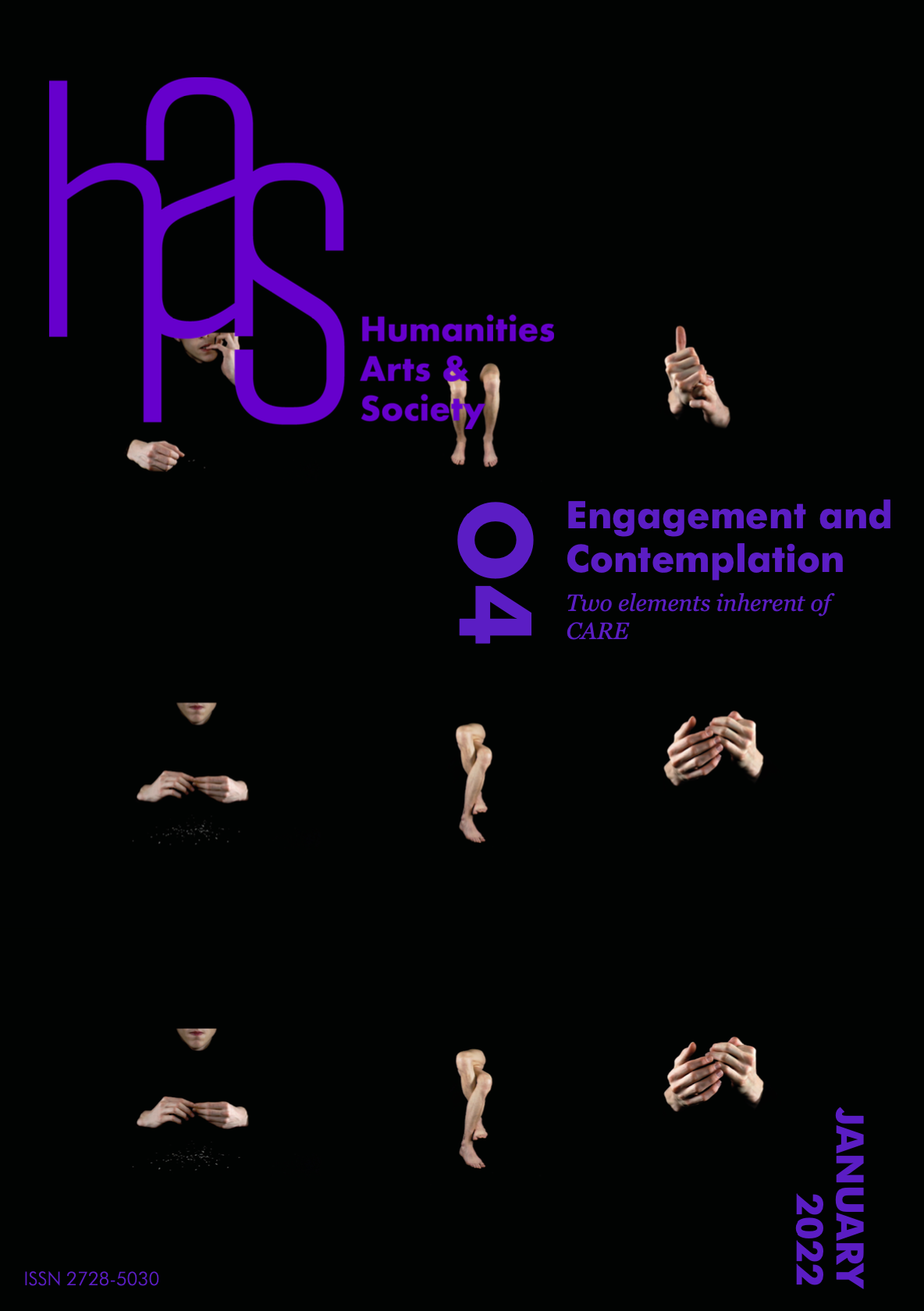In dialogue with the Cartes postales virtuelles (Virtual Postcards project)
lead by the visual artist Valérie Champigny and the video artist Célie Alix
with the patients of the Transcultural Counselling Centre
after a visit to the Natural History Museum in Bordeaux in 2020
Néné
The transcultural counseling office in Bordeaux has a multidisciplinary approach. It welcomes migrants whose suffering requires specific listening, and care that integrates their mother tongue, their culture, and their migratory journeys. Regardless of their administrative status, refugees strongly require the attention of the care team. These patients are subject to multiple forms of distress, linked to the violence they experienced in their home country and in their journeys in exile as well as from the numerous obstacles raised by the host country, France.
Afi
The care offered to migrants by the transcultural counseling office, like any psychotherapeutic care, is intended to be free of taboo, subject only to the rules of free association of words, images, and ideas, and to the creativity of dreams. However, the patients often struggle to speak spontaneously. Their work of thought is considerably hindered and disorganized by all sorts of ordeals that they have overcome physically, but which have accumulated like wounds and restrictions in the psyche—ones that time will perhaps lessen, but which only benevolent encounters with others can transform. This is the work of the transcultural care team.
These impediments to thought, a result of the traumas they have suffered, is reinforced by the fact that they have been cast into the narrow and cold margins of our society. Feelings of uselessness and emptiness invade their thinking, and immobilize them. The conditions of their lives weigh heavily on their battered psyches, and impinge on all relationships. Clinical expressions are, therefore, the consequences of the traumas they have undergone, and are aggravated by their daily lives, in which waiting erodes all capacities of projection and imagination.
Friday
Our therapeutic choice is varied and multidisciplinary, combining psychotherapeutic support and artistically-mediated workshops in painting, writing, theatre, dance, sewing, etc. These workshops encourage expression without the use of words, and mobilize thought through gesture. Following the example of the painting workshop—the first one created, and which has now existed for more than 15 years—each workshop is carefully constructed and given consistency, as well as opportunities to observe its effects on our patients.
The artistic mediation workshops are led by artists or art therapists with whom we remain in contact to follow the evolution of each patient. Their productions are intended to be shown, and offered for contemplation. The aim is to awaken thinking or, more precisely, the ability to create thoughts in patients whose thinking has been damaged. They allow expression through the body and speech. The workshops contribute to a rhythm, a restoration of time, which has been distorted due to their situations. The gestures of painting, writing, drawing, dancing, mobilize buried memories. The benefit of “art in itself” that the artist facilitator instigates is based on a technique whose effects go beyond words as it animates a force that acts in spite of oneself—a force that is incorporated in each person like breath. The discovery of this mechanism is a source of astonishment and joy, of a suddenly deep and settled self-perception. The repercussions are not only felt by the patients—the entire care team is affected, by questions and by new exchanges between us and with them.
Aouatef
Presented here is the work of visual artist Valérie Champigny and video artist Célie Alix from Le dessous des balançoires, with patients from Patricia Liska’s painting workshop. In the midst of the COVID pandemic, Patricia maintained walking activities and, thanks to the link made by the Bordeaux association MC2A, met Valérie Champigny.
The virtual postcards, made by Célie and Valérie after their patients’ visit to the Natural History Museum in 2020, illustrate perfectly how supervision and artistic co-production enhance the patients’ presence. Everyone was able to express how enthusiastic they were about this experience, at a time when loneliness was threatening more than ever.
Charles
Claire Mestre is a psychiatrist-psychotherapist, anthropologist and author. Trained in analytic psychotherapy, she created a transcultural consultation at the Bordeaux University Hospital in 1994 and founded the Mana association. She is co-editor of the journal L’autre, Cliniques, cultures et sociétés and a member of the college of the journal Spirale.
Claire Mestre is a psychiatrist-psychotherapist, anthropologist and author. Trained in analytic psychotherapy, she created a transcultural consultation at the Bordeaux University Hospital in 1994 and founded the Mana association. She is co-editor of the journal L’autre, Cliniques, cultures et sociétés and a member of the college of the journal Spirale.
